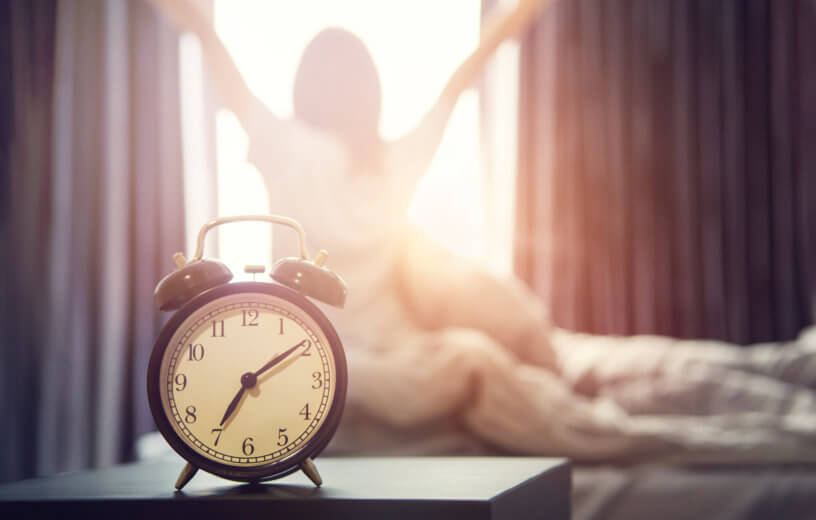
SEVILLE, Spain — Daylight saving time is an annoyance for many, especially when it comes their sleep cycles. The biannual disruptions that go along with “springing forward” and “falling back” have led many, including politicians in several states, to petition to cancel the clock-changing practice completely. So would this actually be a good plan? While keeping the same time throughout the year may sound like a good thing, a new study finds it could be bad for your health during the winter months.
José María Martín-Olalla from the University of Seville finds canceling daylight saving time would lead to more human activity in the early morning hours, before the sun rises, in winter. From a health standpoint, the study author notes that this can be harmful from a physiological point of view. One of the issues is having to rely more on artificial light while waking up.
Previous studies have examined the sleep impact and repercussions of daylight saving time in the days and even weeks after changing the clocks. Researchers have found that the practice of springing ahead disrupts sleep cycles for at least a week — especially among “night owls.” The number of car accidents historically rise dramatically after people change their clocks.
When it comes to canceling DST completely however, scientists have not been able to examine this since many nations have continued the practice for decades. Professor Martín-Olalla tried to solve this problem by comparing the daily rhythms of labor and the daily rhythms of sleep among people in the United Kingdom and Germany.
3 months of morning darkness?
Although the U.K. has been using DST since 1918, Germany stopped the practice between the end of World War II and 1980. The study shows Germany starts its day a half-hour earlier than its nearby neighbor. This led to many Germans starting their winter mornings in darkness. Moreover, the professor finds morning activity in the U.K. lined up almost exactly with the winter sunrise.
Martín-Olalla concludes that the combination of continuing to use DST and other social factors “has helped to maintain this alignment, which is optimal from the chronological point of view.” On the other hand, canceling DST for over 30 years has pushed the German people to start their days earlier, with its summer sunrise taking place an hour earlier than it does in the U.K. During the winter, this causes more Germans to rely on electric light to rouse them until their natural body rhythms catch up.
The study author argues that canceling daylight saving time would mean people must deal with the impact of dark mornings and distorted sleep rhythms for three months out of the year — instead of twice a year for a couple of days.
“The same results were found when American daily rhythms were tested against German daily rhythms. The major cities of United States also practiced daylight saving time since early 20th century,” Martín-Olalla writes in a media release.
What would canceling daylight saving time mean for the U.S.?
Converting to North American time zones, the researcher finds more sections of the U.S. population would be willing to start their work earlier during the spring and summer. If sunrise comes earlier, then workers are ready to go earlier. However, when winter rolls around, this will put more Americans in a less healthy position of waking up and traveling before the sun rises.
Overall, the study author finds keeping DST or canceling it both come with risks to human health — as long as society continues to set its daily schedules to a specific time of day instead of when the sun actually rises.
The study is published in the journal Chronobiology International.
